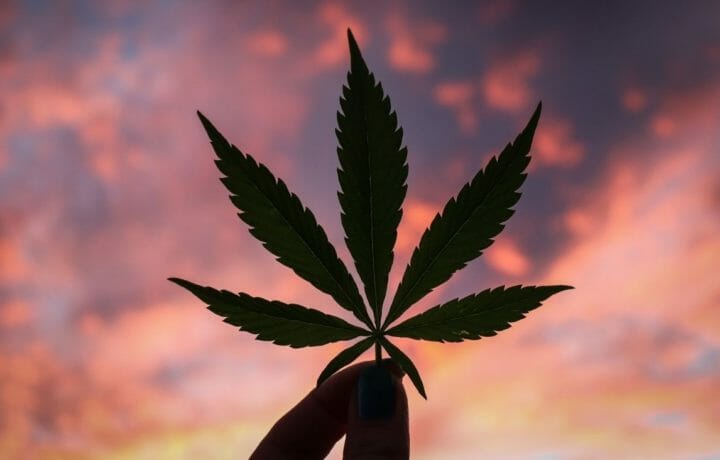It’s a tale as old as time: boy meets SF-86, boy lies on SF-86 about marijuana use, boy doesn’t get a clearance or, worse, loses his clearance years later, because he lied.
Marijuana: A Common Issue for Security Clearance Applicants
You may think, “he would have been denied a clearance anyway, so it was worth the risk.” You wouldn’t be alone, but you would be wrong. Marijuana use is an increasingly common issue for security clearance applicants, and it is surprising how many people grapple with whether to be honest. Now, in fairness, it is surprising to me—a security clearance lawyer who spends most of my time helping clearance holders and applicants—but it makes sense that someone who has never held a security clearance may be tempted to hold their breath, check “no,” and move on. For many, admitting drug use to Uncle Sam may feel about as logical as lighting up in front of your parents when you were sixteen. Unlike your parents, however, when the government grounds you for lying, it can take years to overcome.
Denial is Possible – but not always for Marijuana Use
Don’t get me wrong, illegal drug use is a concern for the government and may result in the denial of a clearance, but whether the government can trust you is the point of the entire application and adjudication process. While marijuana is an illegal substance under federal law, someone who loses a security clearance for using marijuana isn’t being punished merely for breaking the law—the government is acting on the factors that it has concluded can best predict who may compromise sensitive or classified information, which include breaking the law and using illegal substances. Period. This is why an applicant with a history of illegal drug use can still be eligible for a clearance, depending on certain factors such as the amount of time since their last use and establishing that they will not use illegal drugs in the future. An applicant who lied about their prior drug use, however, will have to work much harder and much longer to prove that they can be trusted. As a DoD Administrative Judge recently noted when denying a clearance, “[false] statements strike at the heart of the security clearance process.”
Frankly, many applicants who lie about marijuana aren’t even denied a clearance for their prior marijuana use—they are denied for lying. Here are some recent examples:
- ISCR Case No. 20-03667 (Sept. 12, 2022): Prior drug use overcome but clearance eligibility denied, in part, because the applicant lied about it.
- ISCR Case No. 19-01504 (RD Mar. 9, 2022): Prior drug use overcome but clearance eligibility denied, in part, because the applicant lied about it.
- ISCR Case No. 21-00010 (Jan. 20, 2022): Prior drug use overcome but clearance eligibility denied because the applicant lied about it.
- ISCR Case No. 19-03941 (Oct. 13, 2021): Prior drug use overcome but clearance eligibility denied, in part, because the applicant lied about it.
Use Available Resources
If you are unsure how to disclose prior drug use or are considering a career in classified or sensitive work and want to know how best to prepare, you should consult with someone who specializes in security clearances. And, regardless of the chances of overcoming prior illegal drug use, an applicant should always be honest on the SF-86–it is a form signed under penalty of perjury and, as others have sadly learned the hard way, the cover-up is worse than the crime.
The above content is not legal advice and does not create an attorney-client relationship. The handling and outcome of any legal matter depends on varying factors unique to each matter, and results cannot be predicted or guaranteed. Do not act upon information without seeking legal counsel.




